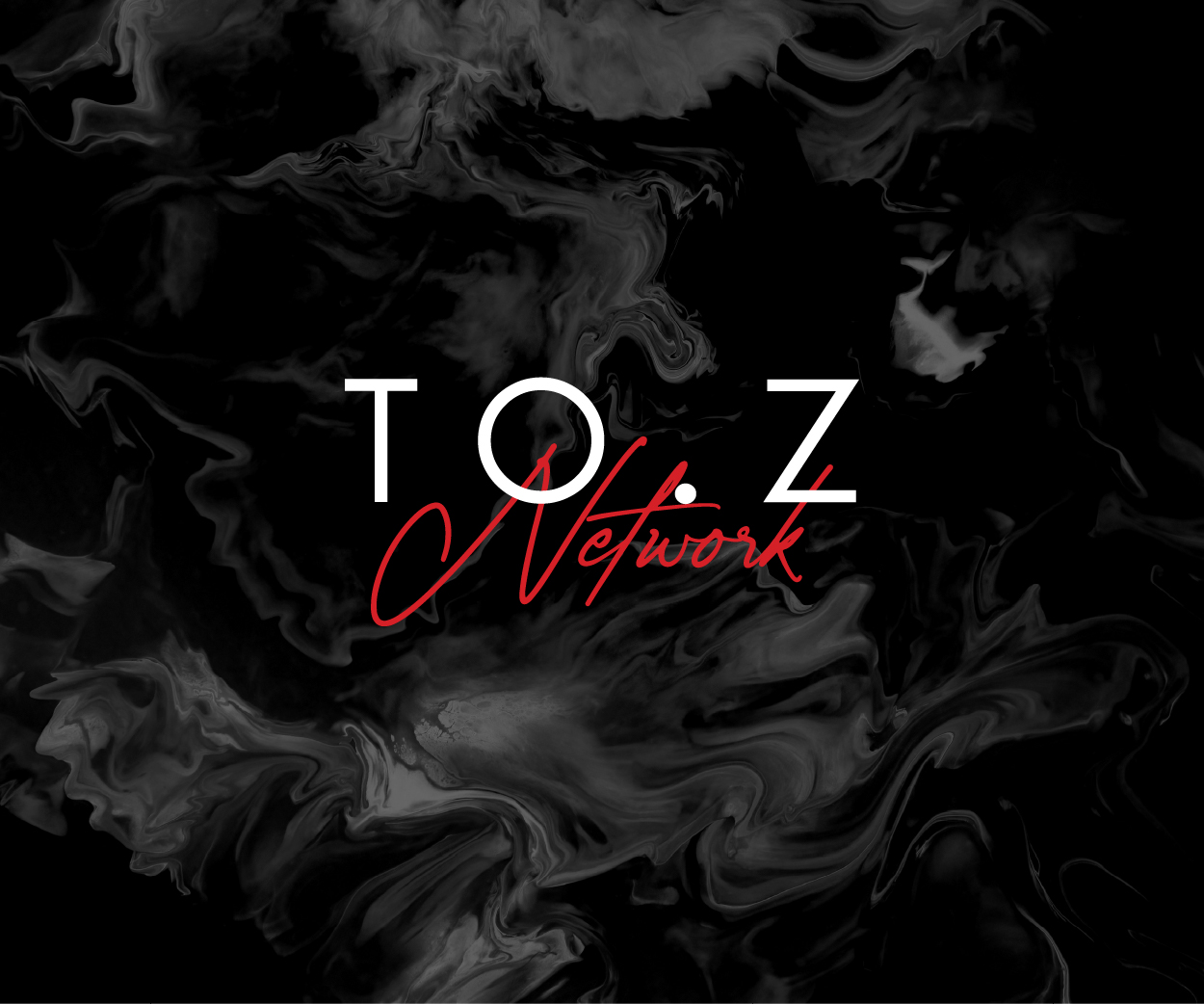AlGioshy Steel Calls for Reconsideration of Dumping Fees on Imported Billet
AlGioshy Steel CEO Islam AlGioshy responds to Egypt’s decision to impose a 16.2% dumping fee on imported billet, warning of price hikes, supply chain risks, and insufficient local capacity. The company urges postponement until new plants add 3.7 million tons of capacity, calling for fair pricing, market stability, and protection of national projects.

AlGioshy Steel has followed the decision imposing dumping fees on imported billet at a rate of 16.2% with a minimum of EGP 4,613 per ton (excluding taxes), for a period of 200 days starting September 14, 2025. While we acknowledge the declared objective of this decision, which is to protect the national industry, we express our objection to its timing.
The local market continues to suffer from a clear gap between demand and the actual production capacity of operating billet plants, which remains insufficient to cover the needs of rebar producers. This situation was directly reflected after the decision in a surge of local billet prices by approximately EGP 3,000 per ton, in addition to further increases of up to EGP 2,000 in some plants that rely on outdated induction furnace technology incapable of producing high-quality billet. Although 14 plants were regularized this year, some of them should not have been granted licenses as they do not comply with the technical standards required for billet production. Consequently, the overall cost of rebar production has increased, ultimately burdening the end consumer with additional costs.
If the aim of the decision is to protect the national industry, why did some domestic billet producers raise their prices immediately after its issuance? Such practices neither serve the market nor achieve the desired stability, but rather exacerbate the burdens placed on both producers and consumers.
If such conditions persist, some rebar manufacturers may be forced to shut down operations due to the rising cost of production and the inability to operate at full capacity. This poses a direct threat to supply chains and national projects, where rebar is a vital component.
It is also worth noting that the Ministry of Trade and Industry has recently issued several new licenses for billet production with a total annual capacity of 3.7 million tons. However, these plants require no less than two years before entering actual production. Therefore, we believe it would have been more appropriate to postpone the implementation of the dumping fees until these new production capacities come online, ensuring market stability and sparing consumers additional burdens.
We emphasize that this decision can only be considered sound under one condition: that domestic production capacity fully covers market needs, with producers committing not to raise billet prices, and pricing being determined fairly to strike a balance between producers and consumers.
AlGioshy Steel reaffirms its strong commitment to supporting the national industry and encouraging local production. At the same time, the company calls for a reconsideration of the timing and mechanisms of this decision to ensure a balance between protecting domestic producers, maintaining market stability, and guaranteeing the sustainability of operating factories.









